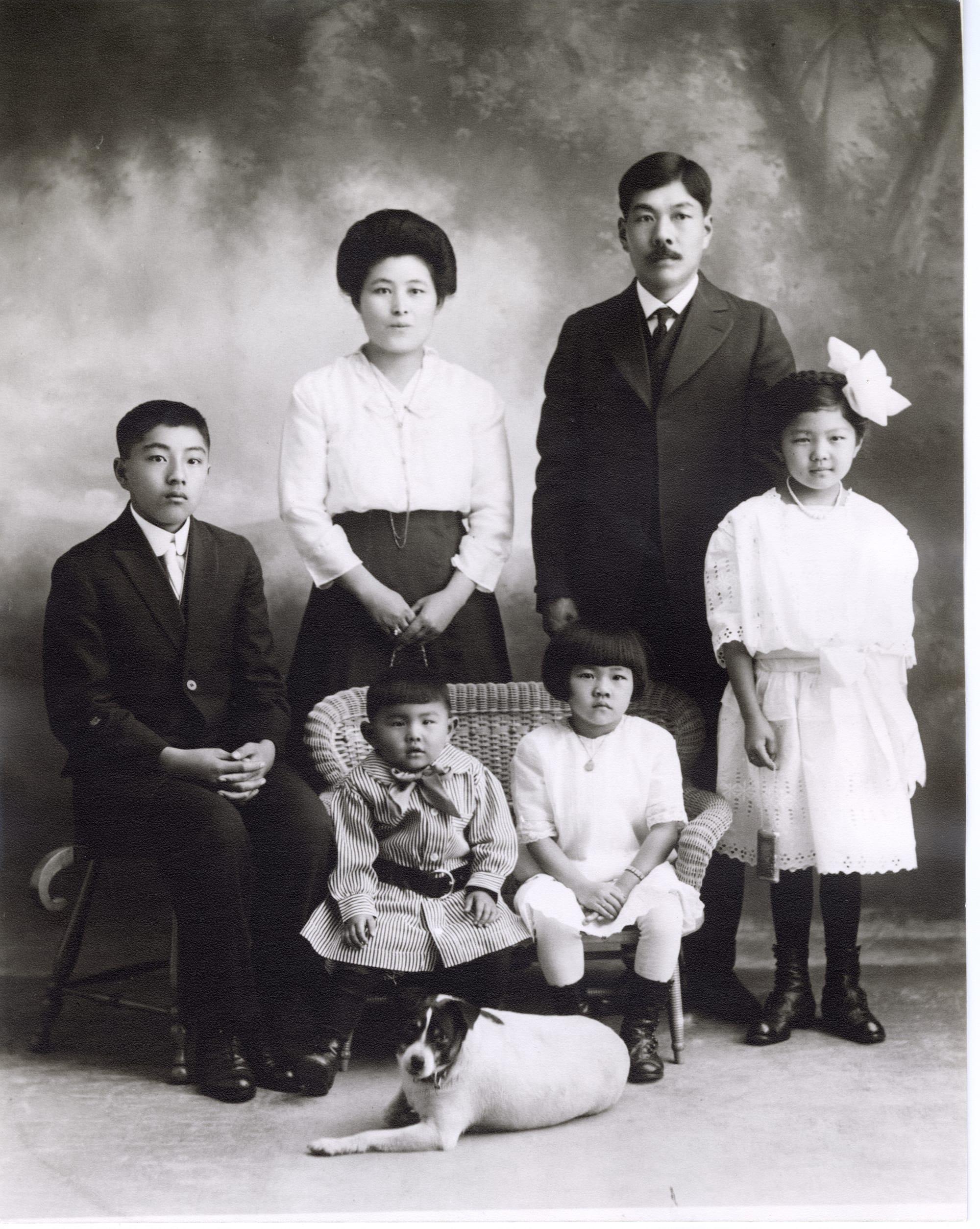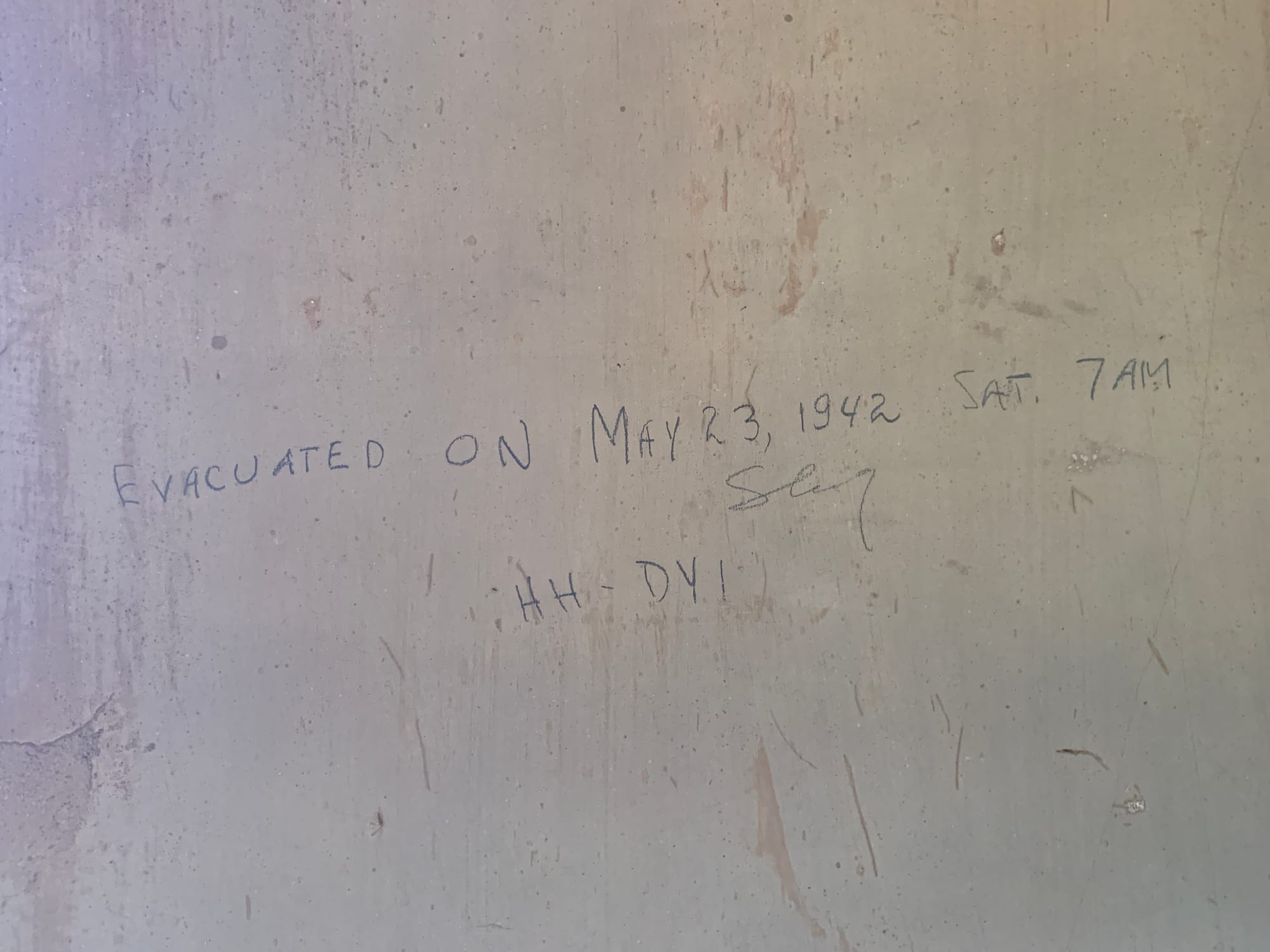Pivot Player
A prompt to encourage your practice of creativity this week from Riversider and local author Larry Burns.
Museum of Riverside resumes design work to restore the historic landmark and share the Harada family’s enduring civil rights legacy.

The National Historic Landmark Harada House is a vibrant civil rights icon located in Riverside. This influential and enduring site was the personal family home of the Haradas. Their story, like so many others across the nation during the early and mid-1900s, embodies the topics of immigration, basic rights, assimilation, citizenship, loss, perseverance and legacy.
Jukichi Harada, his wife Ken, and their first son, Masa Atsu, emigrated from Japan and settled in Riverside in the early 1900s, where they began operating a rooming house and the Washington Restaurant. In December 1915, Jukichi purchased the house at 3356 Lemon St. in the names of his three American-born children, Mine, Sumi and Yoshizo, because “aliens ineligible for citizenship,” like himself, could not own property at the time. This led to a court case filed with the Riverside Superior Court. In 1918, the Haradas prevailed in a landmark decision to retain the home. The judge upheld that American-born children of aliens were citizens and therefore entitled to all constitutional rights of citizens.
Years later, the Haradas faced another significant challenge. In 1942, they and about 120,000 other people of Japanese descent were forced from their homes and relocated to incarceration camps during World War II by Executive Order 9066. Jukichi and Ken both died in these camps. After the war, only Sumi, their youngest daughter, returned to the house on Lemon Street. This was possible because Jess Stebler, a family friend, lived in and cared for the Harada family home while the family was incarcerated.


(Courtesy of the Museum of Riverside)
Sumi owned the home until her death in 2000. Her brother Harold then owned the home until his death in 2004, when it was donated with all its contents to the City of Riverside under the stewardship of the Museum of Riverside.
For more than 20 years, Museum of Riverside staff cared for and preserved the home and its artifacts with community help and input. Partners including the City of Riverside; the Harada House Foundation, a group dedicated to raising funds to protect and conserve the Harada House and its related collections and archives; and the Harada House Project Team have helped share the Haradas’ important story and enduring impact on history.
The Museum of Riverside announced that K+R Design Inc. of Pasadena will resume and complete the architectural design process for a full rehabilitation of the Harada House and the construction of an adjacent interpretive center. Museum staff look forward to the rejuvenation of this extremely important historic landmark and the interpretive center that will tell the Haradas’ story and immerse visitors in this local historic gem.
There is much happening during the next few years at the Museum of Riverside, including the main museum’s downtown site reopening, anticipated in mid-2027, and the Harada site opening sometime after that. Until then, museum staff will provide updates to the community at public programs, Heritage House, community events and online.
More information: Check out the museum’s website at riversideca.gov, Instagram and Facebook for more information.
Let us email you Riverside's news and events every morning. For free!